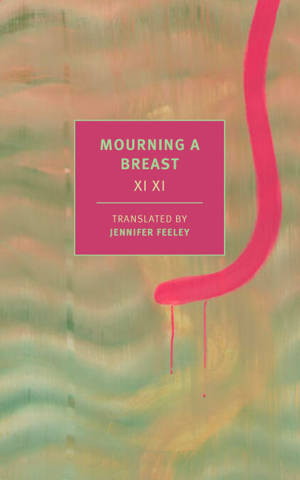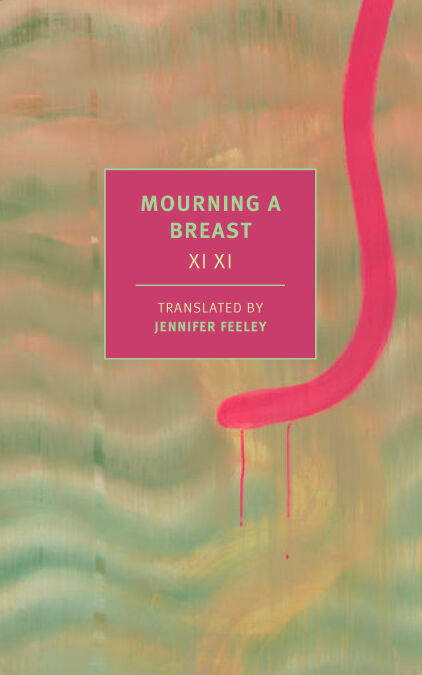
- Afhalen na 1 uur in een winkel met voorraad
- Gratis thuislevering in België vanaf € 30
- Ruim aanbod met 7 miljoen producten
- Afhalen na 1 uur in een winkel met voorraad
- Gratis thuislevering in België vanaf € 30
- Ruim aanbod met 7 miljoen producten
Zoeken
Omschrijving
By Xi Xi, part of the first generation of writers raised in Hong Kong, a wise and amiably written book of autobiographical fiction on the author’s experience with breast cancer—from diagnosis to treatment to recovery—and her passage from a life lived through the mind into a life lived through the body.
In 1989, the acclaimed Hong Kong writer Xi Xi was diagnosed with breast cancer. Her semi-autobiographical novel Mourning a Breast is a disarmingly honest and inventive account of the author’s experience of a mastectomy and of her subsequent recovery. The book opens with her putting away a bathing suit. As the routine pleasure of swimming is revoked, the small loss stands in for the greater one. But Xi Xi’s mourning begins to take shape as a form of activism. Addressing her reader as frankly and unashamedly as an old friend, she describes what she is going through; finds consolation in art, literature, and cinema; and advocates for a universal literacy of the body. Mourning a Breast was heralded as one of the first Chinese-language books to cast off the stigma of writing about illness and to expose the myths associated with breast cancer. It is a radical novel about creating in the midst of mourning.
In 1989, the acclaimed Hong Kong writer Xi Xi was diagnosed with breast cancer. Her semi-autobiographical novel Mourning a Breast is a disarmingly honest and inventive account of the author’s experience of a mastectomy and of her subsequent recovery. The book opens with her putting away a bathing suit. As the routine pleasure of swimming is revoked, the small loss stands in for the greater one. But Xi Xi’s mourning begins to take shape as a form of activism. Addressing her reader as frankly and unashamedly as an old friend, she describes what she is going through; finds consolation in art, literature, and cinema; and advocates for a universal literacy of the body. Mourning a Breast was heralded as one of the first Chinese-language books to cast off the stigma of writing about illness and to expose the myths associated with breast cancer. It is a radical novel about creating in the midst of mourning.
Specificaties
Betrokkenen
- Auteur(s):
- Vertaler(s):
- Uitgeverij:
Inhoud
- Aantal bladzijden:
- 320
- Taal:
- Engels
Eigenschappen
- Productcode (EAN):
- 9781681378237
- Verschijningsdatum:
- 8/07/2024
- Uitvoering:
- E-book
- Beveiligd met:
- Adobe DRM
- Formaat:
- ePub

Alleen bij Standaard Boekhandel
+ 18 punten op je klantenkaart van Standaard Boekhandel
Beoordelingen
We publiceren alleen reviews die voldoen aan de voorwaarden voor reviews. Bekijk onze voorwaarden voor reviews.







